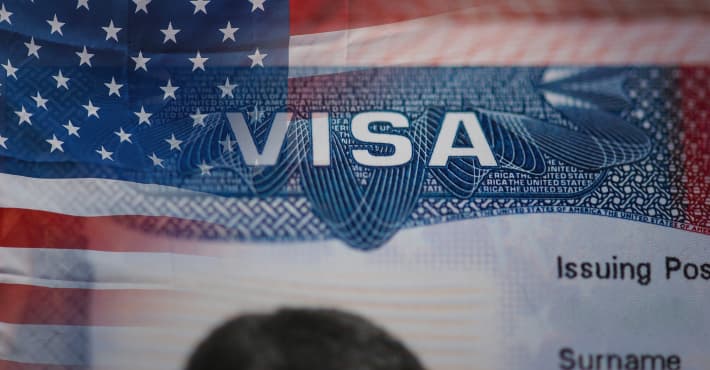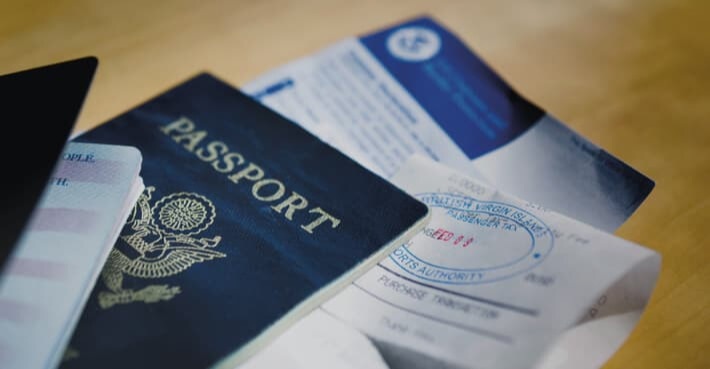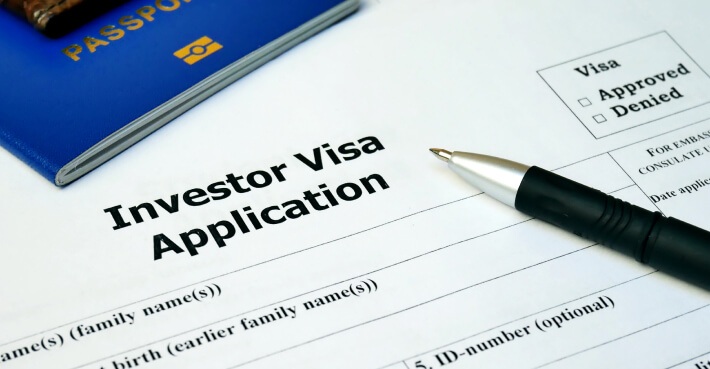Immigration Lawyers Committed To You
At Spar & Bernstein, we are dedicated to fighting for the best possible outcome for every immigration case we retain.
Citizenship & Naturalization New York
Employment Immigration
Deportation and Removal Defense
Asylum & Refugee Protection
Family Immigration
Nonimmigrant Visas
Waivers
DACA
Investor Visa
Citizenship & Naturalization New York

Our citizenship and naturalization lawyers at Spar & Bernstein have helped over 100,000 people obtain immigration benefits in the United States. Our knowledgeable and compassionate team will prepare the necessary forms and review supporting documents for submission to USCIS to remove obstacles that may stand in your way of becoming a US citizen.
Discover More
Discover More



















